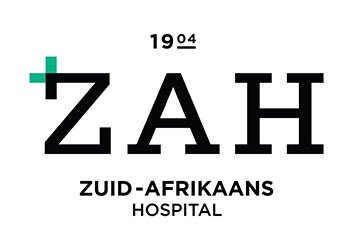COVID 19 is now the overarching issue around the world today. There are currently hundreds of thousands of cases of the virus, worldwide. People have been told to practice social distancing by staying at home to prevent the spread of the virus and keep themselves and their loved ones safe.
The spread of COVID 19 is aided when people come in physical contact with patients or carriers and this is why the current worldwide stay-at-home campaign is a good way to curb the situation.

In South Africa, the first coronavirus case was announced on March 5, 2020, by Zweli Mkhize the Minister of Health. In response, President Cyril Ramaphosa declared a national state of disaster. The first case was confirmed in the first week of March.
It was a patient who returned from Italy with his wife and eight other people. The patient reported with symptoms to a private general practitioner two days after. On March 5, Zweli Mkhize, the Minister of Health, announced this as the first confirmed case in the country.
On March 7, another COVID 19 case was announced and 6 more cases were reported about 4 days later. On March 12, 3 new cases were confirmed in the Western Cape Province. The next day, 3 other cases were reported. This made a total of 16 cases.
On March 15, the first coronavirus case from Limpopo province was reported. On March 17, there were more coronavirus cases confirmed. They were 4 in Gauteng, 1 in the Western Cape, and 3 in KwaZulu-Natal. The next day, the first local transmission case in Mpumalanga was announced. On March 20, there were 7 cases in the Free State Province. On March 21, the first case in the Eastern Cape province was also reported.
On March 23, the president addressed the country and issued a national lockdown. This lockdown was scheduled to last for 21 days and end on the 16th of April. He deployed the South African National Defence Force to enforce the order. This was a desperate attempt to step in and save the situation as things were becoming really bad in the country.
Some sets of people are exempted from the lockdown. These are people whose absence from the operation would hurt the country. the people that were exempted were health workers, pharmacies, and emergency services, the security services, transport workers, banks, petrol stations, and other industries that can not be economically shut down. Schools were closed about a week before the national lockdown.
During the national lockdown, people are only allowed to leave their homes to get healthcare services, attend a small funeral with not more than 50 people, shop for food and some other exemptions.
There were reports of police using excessive force against citizens while enforcing the lockdown. This escalated fast as it was reported on the fifth day of the lockdown that three people died due to excessive force by security personnel who were enforcing the lockdown.
As of March 30, there are about 1,300 of coronavirus cases in South Africa. Everyone can only hope, pray and act so that things will get better. Stay home and stay safe.



